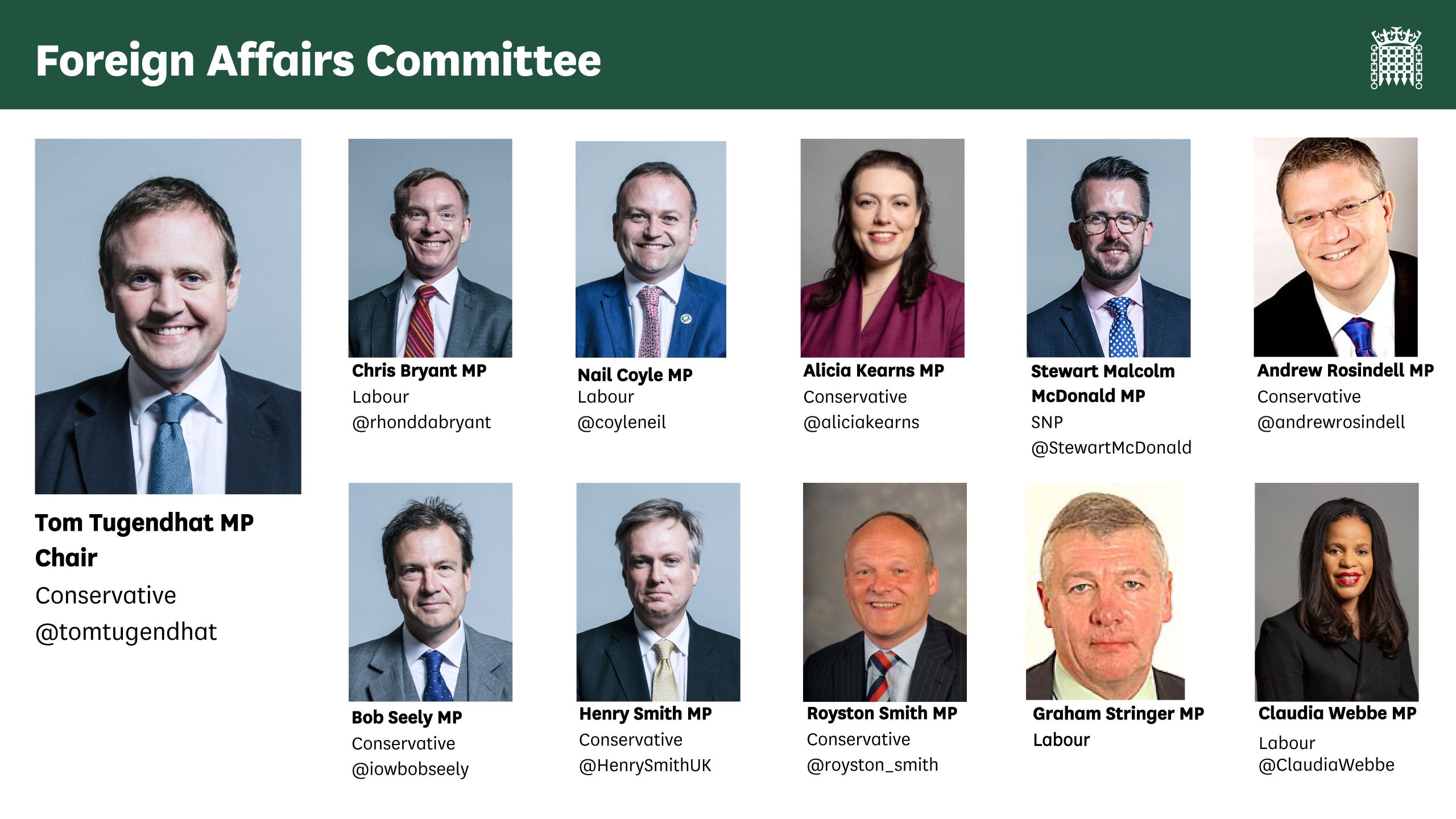No prosperity without
justice: the UK’s
relationship with Iran
Iran's malign regional actions challenge the values which underpin British foreign policy
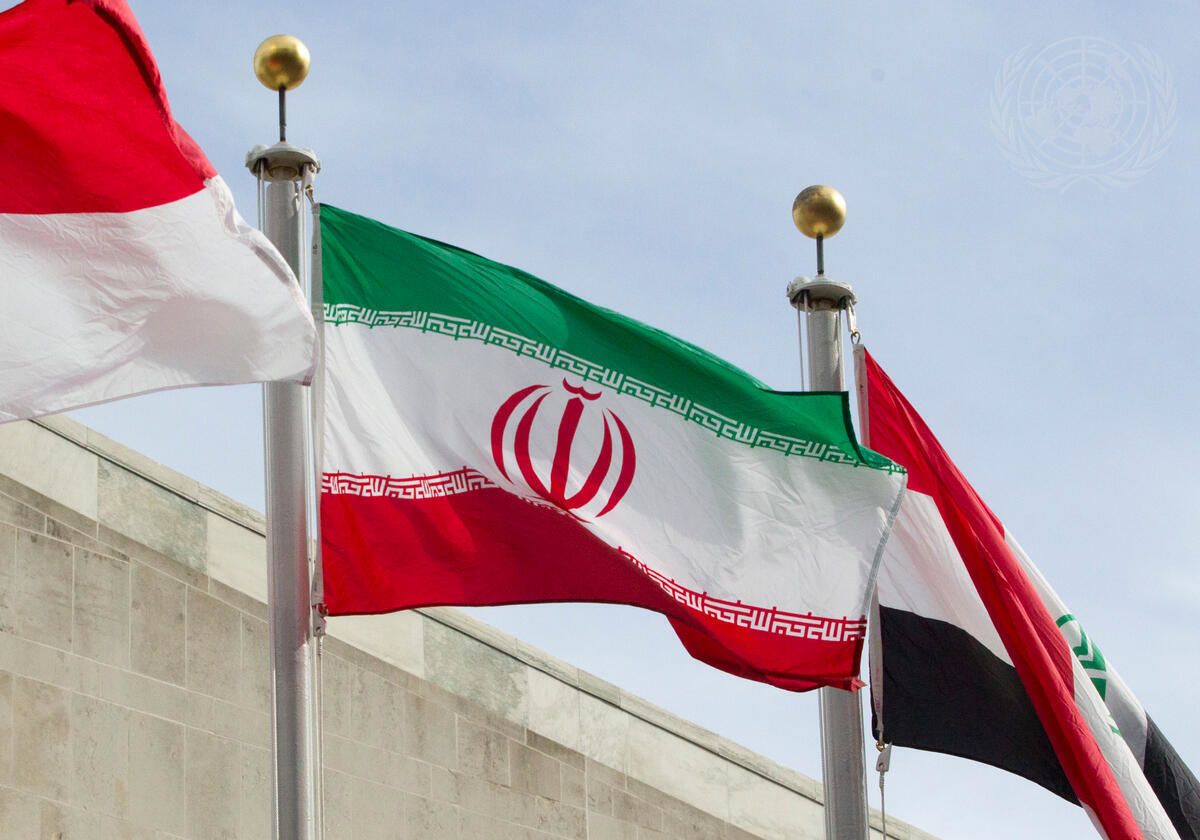
The 2015 Iran nuclear agreement, formally known as the Joint Comprehensive Plan of Action (JCPOA), which sought to remove the prospect of a nuclear-armed Iran, has been unravelling since the US left the deal in 2018.
Meanwhile, Iran continues to disregard its international human rights commitments to the detriment of:
- Ordinary Iranians
- People across the Middle East
- British nationals who have been arbitrarily detained
The actions of the Iranian Government have also weakened internatinal cooperation and the upholding of international law.
In our new report on the UK's relationship with Iran, we outline several actions the UK Government could pursue to both influence the international response to current challenges and define an approach that is more effective for the UK, including:
- Strengthen the imperfect JCPOA
- Outline how it plans to address Iran's wider destabilising activities and the alliances which will be necessary to achieve this
- Look not only at traditional partners within Europe and the US, but also to build on its unique relationship with the Gulf states to broaden the ground for diplomacy
The UK must address the threat posed to ordinary Iranians
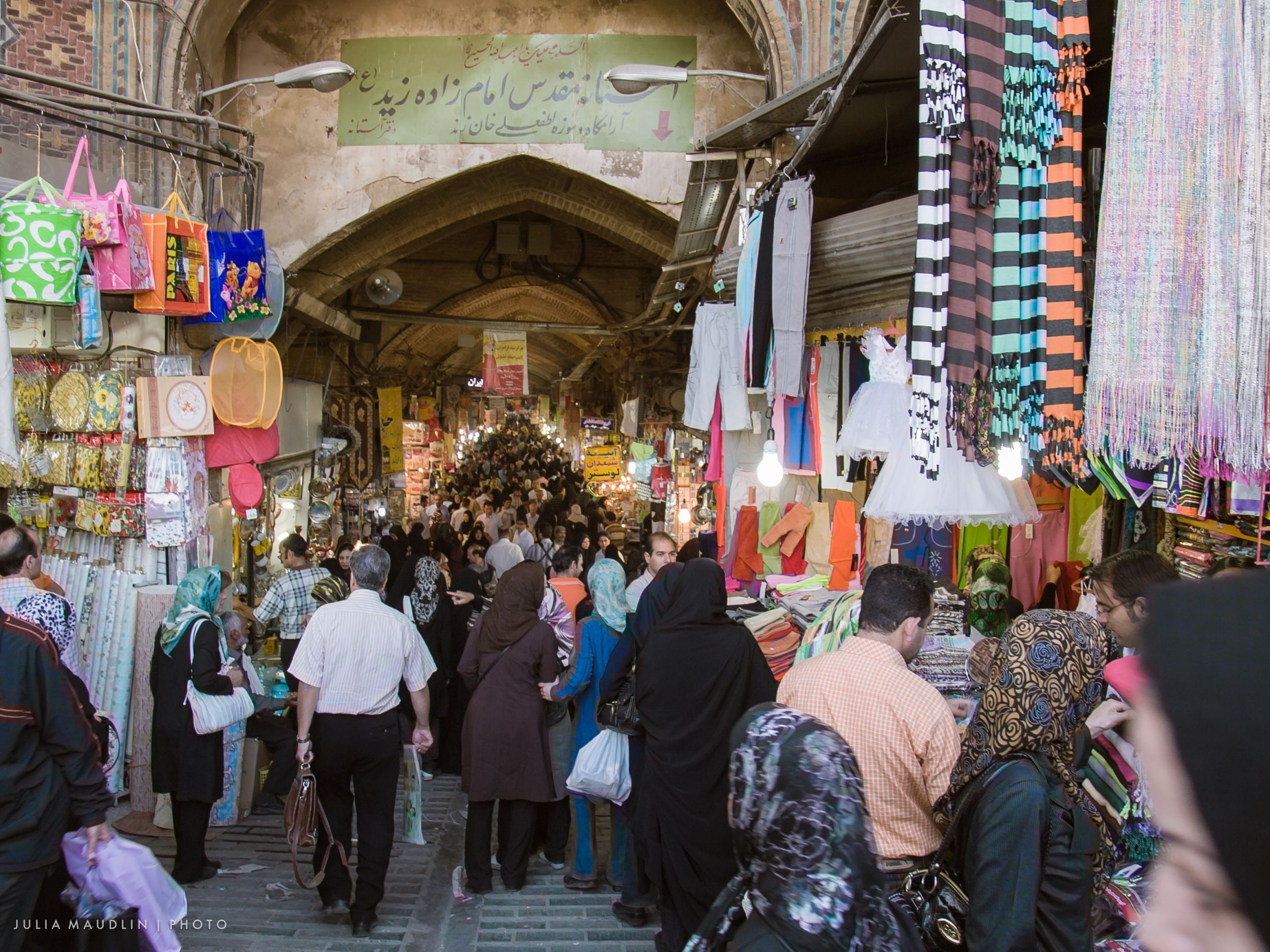
The UK Government should recognise and address the threat posed to ordinary people by the Iranian state. The Iranian people are the victims of the poor choices made by the Iranian state, yet are often a secondary consideration.
For the UK-Iran relationship to be meaningful and mutually beneficial, the UK must:
- Differentiate between the Iranian State and the Iranian people
- Invest in strengthening cultural ties, fostering exchanges, and
building upon common values shared with the Iranian people - Call the Iranian State out for its human rights abuses
The UK's difficult relationship with the Islamic Republic has overshadowed its much longer relationship with Persia and the common ground values Britons share with Iranians. The UK’s relationship with Iran is also a relationship between cultures and peoples and the story of their shared interests.
State hostage taking
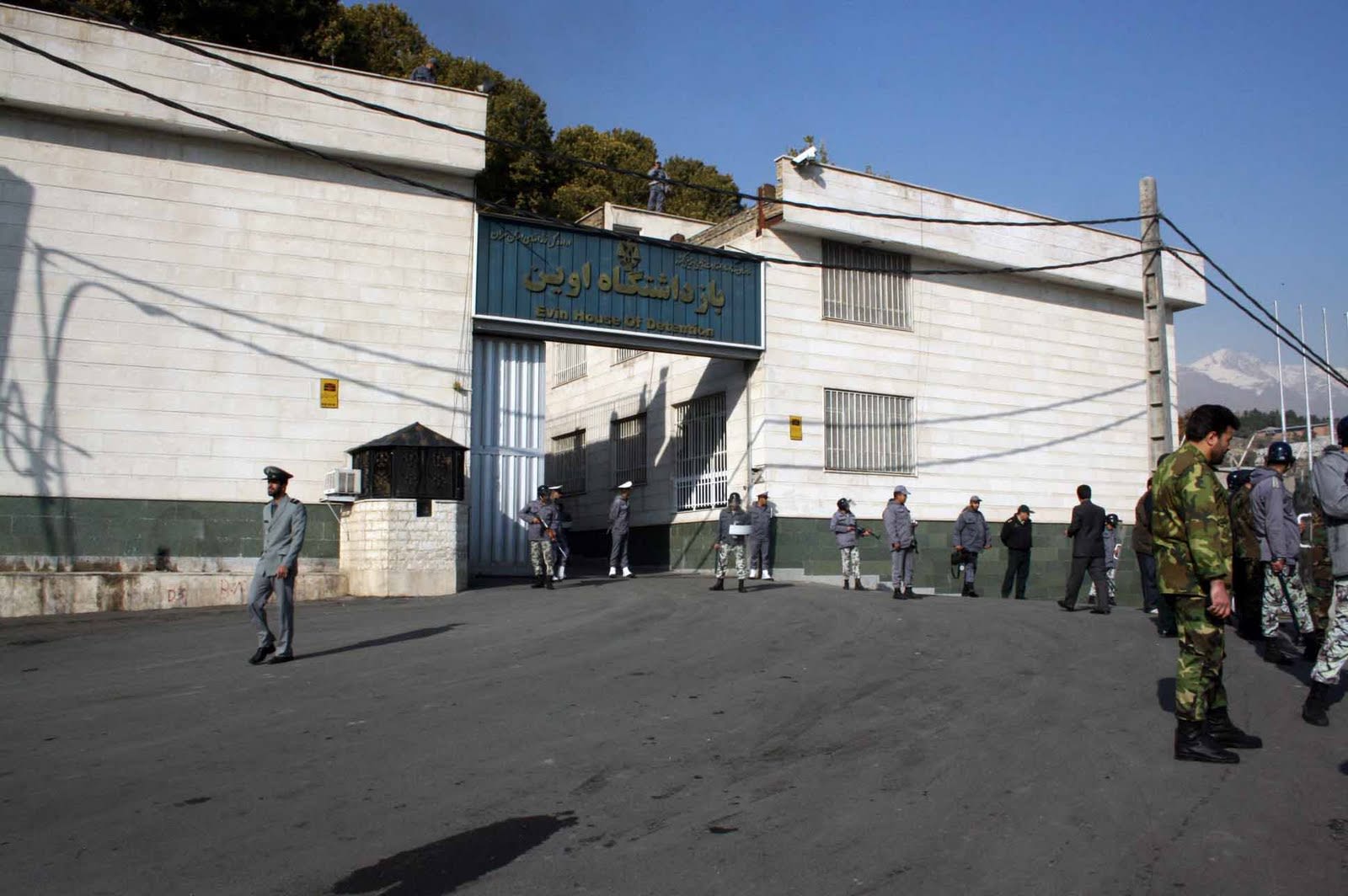
Although the UK does not officially recognise the phenomenon of ‘state hostage taking’, the Foreign, Commonwealth and Development Office (FCDO) should acknowledge that Iran’s tit-for-tat approach to diplomacy is an example of a growing challenge democracies face when engaging with some autocracies.
The detention of British citizens, British-Iranian dual nationals and British residents on trumped-up or undisclosed charges in Iran is of particular concern in the UK. However, the Government has been ineffective in securing timely release for these detainees.
The case of Nazanin Zaghari-Ratcliffe, detained in Iran since April 2016, has been especially prominent in the UK press, but the FCDO has been reluctant to refer to her as a hostage.
- The FCDO should use the UK’s position at the UN to establish an ad hoc Committee to draft a complementary stand-alone addition to the 1979 Hostages Convention which defines ‘state hostage taking’ and prohibits its practice
- Calling ‘state hostage taking’ out for what it is and taking the lead in shaping a united international response would help yield additional tools to counter this behaviour
What now for the
Iran nuclear deal?
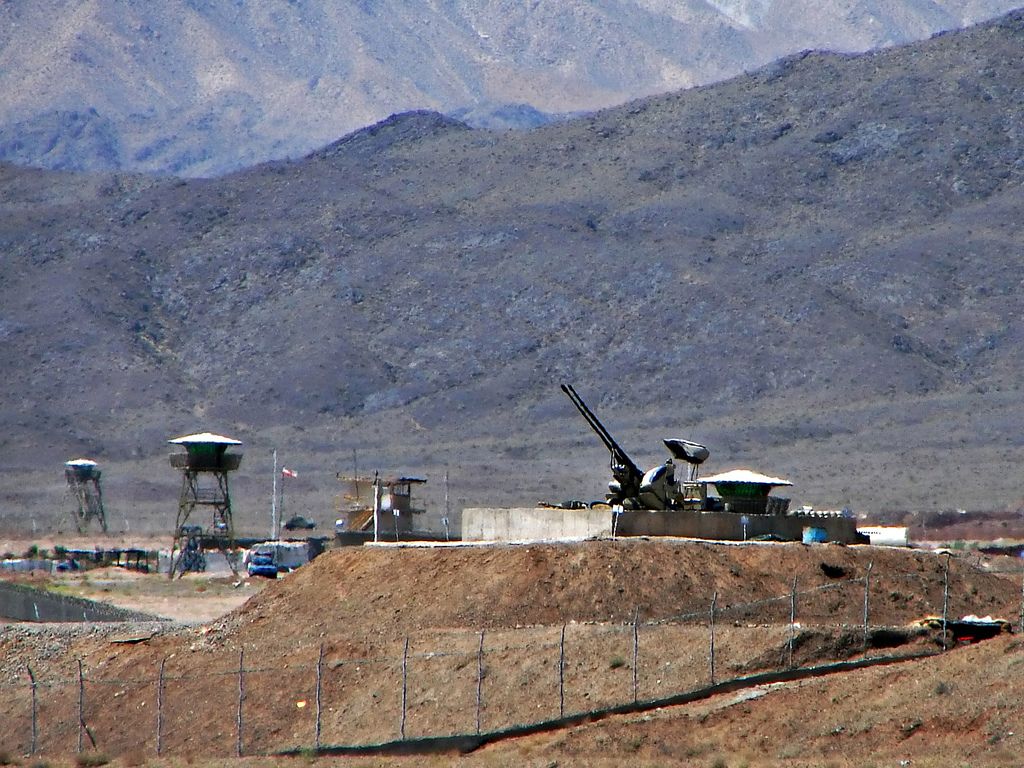
We find it hard to envisage a time when an Iranian nuclear programme will have widespread support in the region. This is due to:
- The historically covert nature of Iran’s nuclear programme.
- The lack of good faith it has shown in supporting the free and timely inspection efforts of the International Atomic Energy Agency (IAEA).
- Recent evidence indicating the military dimensions to its nuclear efforts of the early 2000s
We agree with the UK Foreign Secretary that the nuclear deal is imperfect, but Iran’s non-compliance over the last year has indicated what the nuclear proliferation implications of terminating the JCPOA without a viable replacement might be. A more satisfactory arrangement for all signatories is within reach but is not guaranteed.
We recommend that the Government:
- Takes the lead amongst the European signatories (UK, France and Germany) in discussions in the New Year with the incoming US Administration on the future of the JCPOA
- Aim to bring all parties back into full compliance
- Be prepared to work with European and American partners to invoke the snapback of sanctions if full compliance is not achieved
The UK must also address the concerns of Gulf allies initially overlooked by the JCPOA, specifically:
- Ballistic missiles capable of delivering nuclear warheads
- Sunset clauses
- Timely and public compliance with IAEA inspection requests
- International Atomic Energy Agency inspection of undeclared nuclear sites and material
Disunity in addressing the nuclear issue, especially between the US and the European signatories, has not served the UK’s interests. Instead, it has disincentivised Iranian engagement with the West and presented an opportunity for Russia and China to pursue their respective agendas in the Middle East.
Iran’s destabilising activities are unacceptable
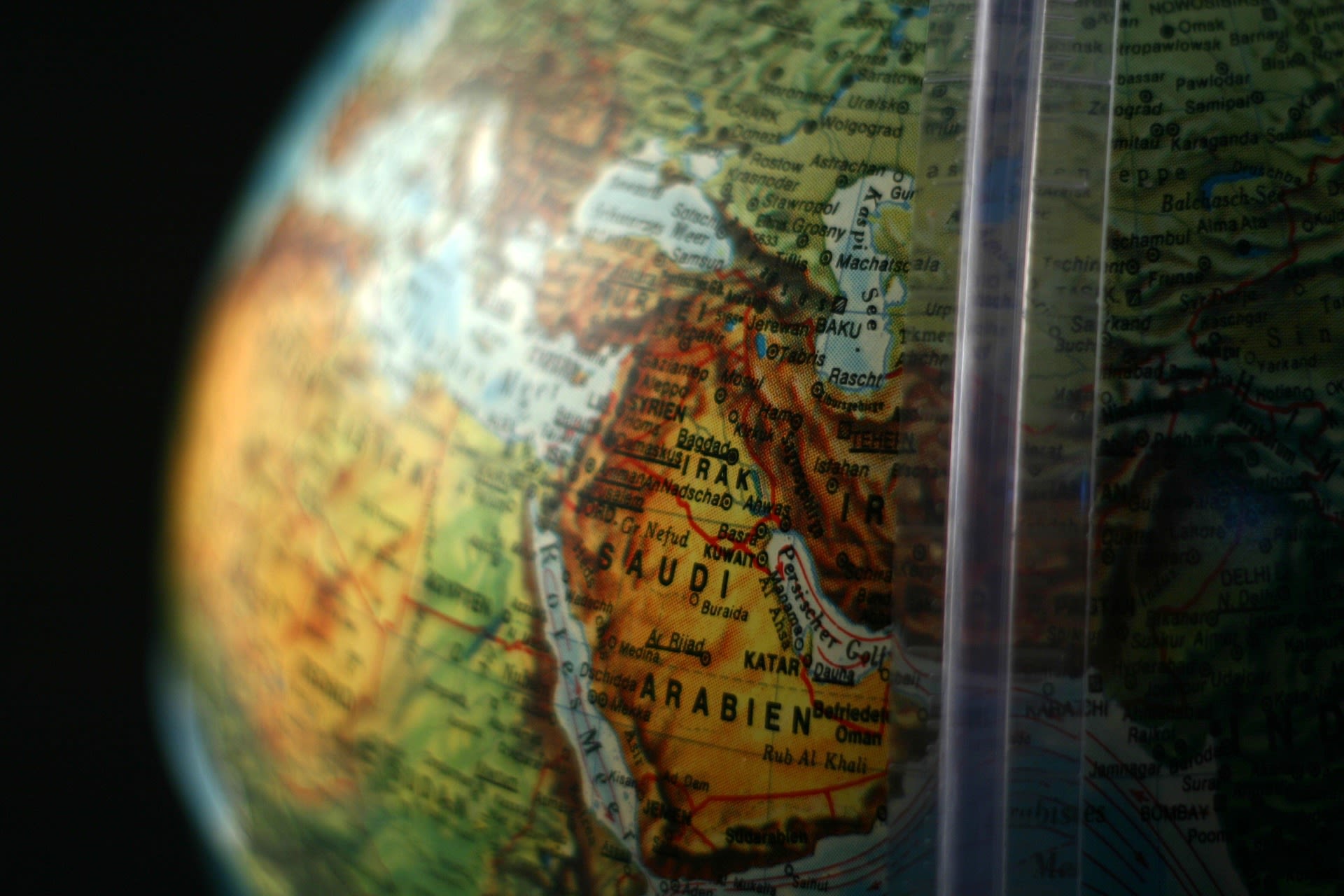
Engagement with Iran should not be an end goal in and of itself. Rather, engagement should seek to encourage Iran to play a positive, constructive and predictable role as a regional power, which uses international norms, respect for human rights and the rule of law as the basis for its actions.
At its heart, a strategy must send a clear message:
- Iran’s destabilising activities are unacceptable because they adversely impact the region and its peoples, but that when the time comes, the door is open to diplomacy.
What happens next?
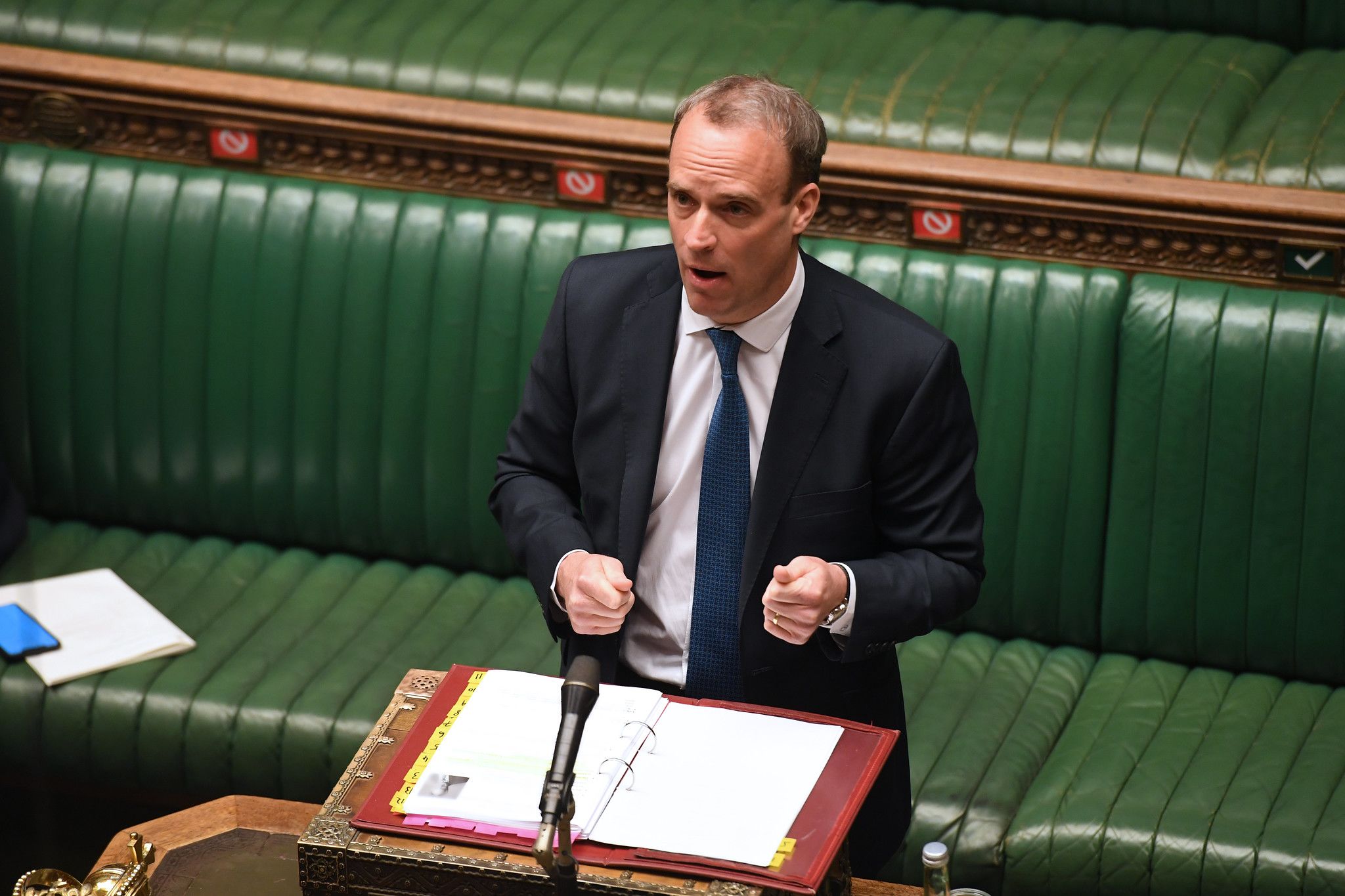
The Government must now respond to our report.
Our report No prosperity without justice: the UK’s relationship with Iran was published on 16 December 2020.
Detailed information from our inquiry can be found on our Committee website.
If you’re interested in our work, you can find out more on the House of Commons Foreign Affairs Committee website. You can also follow our work on Twitter.
The Foreign Affairs Committee examines the expenditure, administration and policy of the Foreign, Commonwealth and Development Office (FCDO) and other bodies associated with the Foreign Office and within the Committee's remit, including the British Council.
Title image source: UN Photo/Loey Felipe

